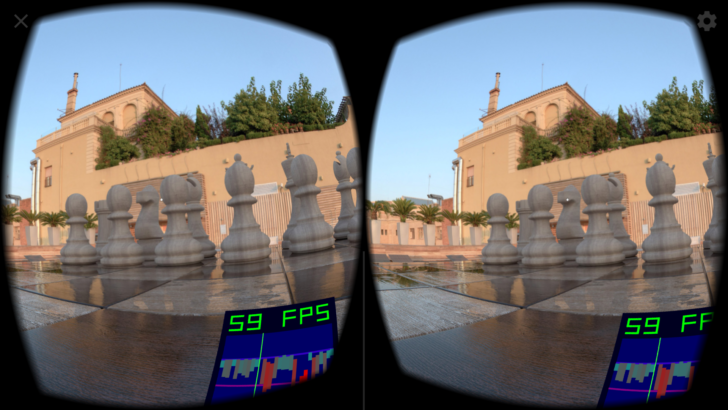With the Chrome 79 beta, WebXR Device API now runs by default.
Last week Google launched the beta for Chrome 79, the latest update for its Chrome web browser. Among the new improvements is a new “tab freezing” feature which suspends any inactive tabs running in the background for over 5 minutes, as well as a rumored “share clipboard” function, enabling users to highlight and send text from a browser straight to their mobile devices. The most exciting new addition, however, comes in the form of increased support for web-based VR content.
Using the WebXR Device API, developers can create more powerful immersive content that users can interact with using their motion controllers thanks to the GamePad API. They can also mirror in-headset VR experiences to other displays. According to Google, this new-and-improved WebVR support will eventually make its way to Chromium-based browsers, including Oculus Browser, Microsoft Edge, Magic Leap’s Helio, and Firefox Reality. In the future, the company plans on expanding its web-based platform to include AR content as well.

With the rise in popularity surrounding WebVR content, other browsers have also been busy providing their own immersive offerings. Using Firefox Reality, Oculus Quest and Oculus Go users can already access browser-based VR content straight from their headsets without the need for any additional software download.
The beta for Chrome 79 is available to download now; the update will officially launch on December 10th, 2019.
Feature Image Credit: TechDows
The post Google Chrome Update Allows For More Powerful WebVR Experiences appeared first on VRScout.
from VRScout https://ift.tt/34q5HNb
via IFTTT
No comments:
Post a Comment